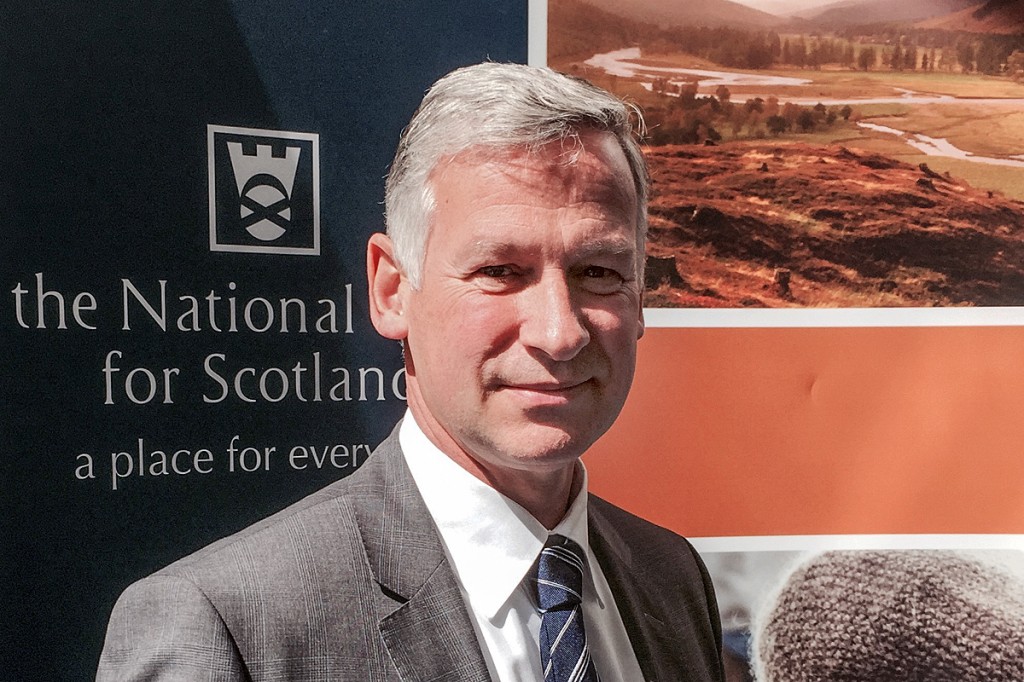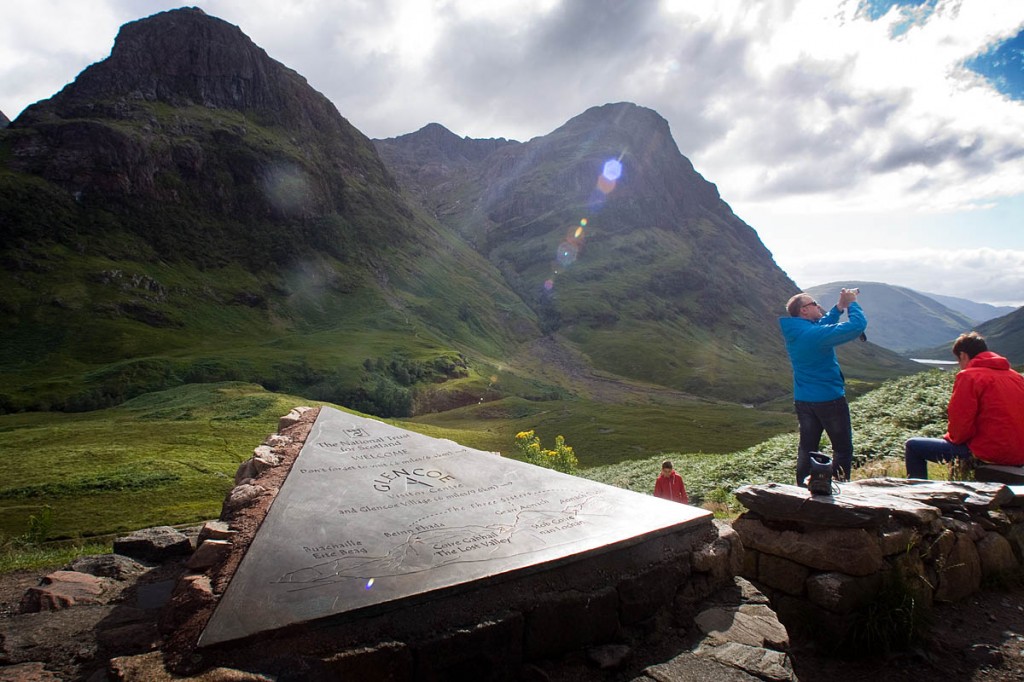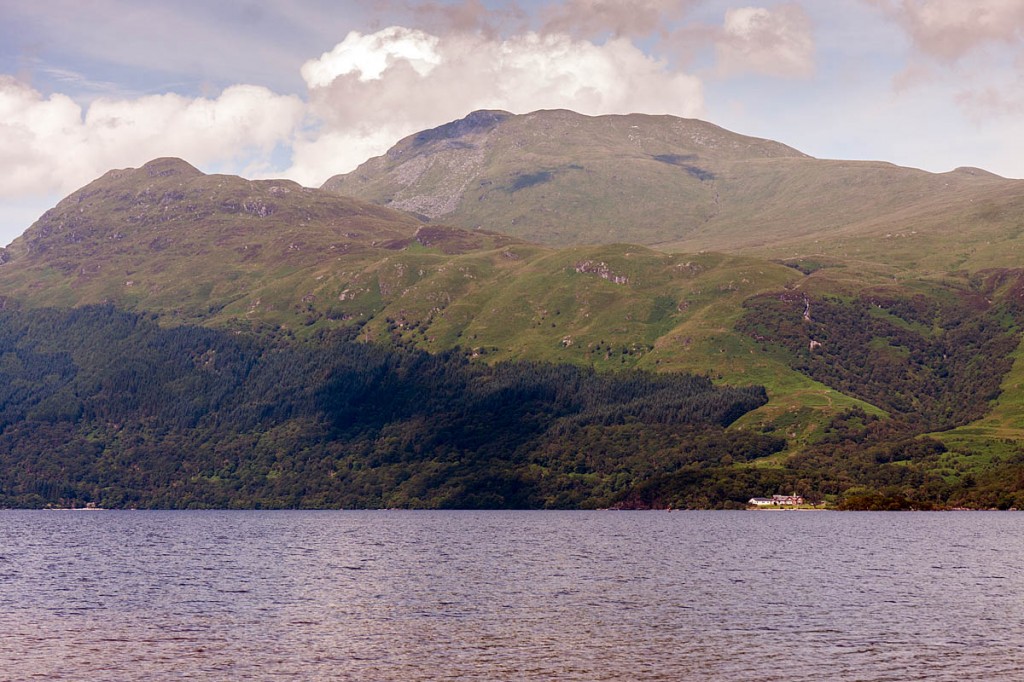More than 100 jobs are at risk as Scotland’s biggest conservation charity looks at restructuring its departments and devolving decision making.
The National Trust for Scotland said compulsory redundancies are likely at its Edinburgh headquarters.
The charity, which has 350,000 members and employs 540 full time and 750 seasonal staff, said the changes are designed to support new ways of working and will mean that the charity’s headquarters will be streamlined.
The trust, which has begun a 90-day consultation on the planned job cuts with the union Prospect, said: “Conservation expertise will be relocated around the country, along with a number of new posts bringing competencies and skills in areas such as commercial management, as part of a flatter, more nimble structure, with decision making and planning devolved to properties at regional and local levels.”
It said 68 new posts will be created across Scotland, and about 42 posts will be transferred from the trust’s head office in Edinburgh to be based alongside its properties. “There will be an overall reduction in staff numbers, mainly at the trust’s HQ, with 142 posts classified as at risk, it said. “Only core services operating at national level will remain there.”
NTS chief executive Simon Skinner said: “We have opened consultation with our recognised trade union on a visionary transformation of the trust.
“It is a bold and ambitious vision, which challenges us to completely change the way we deliver our core purposes.
“While the trust has achieved stability in the last few years, we have choices to make if we are to move forward and face up to ensuring our heritage remains relevant and engaging in an era of ever more demanding, digitally savvy generations.
“We need a step-change if we are to find and generate the investment we need to ensure the trust is fit for the future and offer world-class visitor experiences that are stimulating, thought-provoking and fun. Our core purposes are to promote access, engagement and learning , and we will begin by tempting visitors back to our properties in numbers that were last seen eight to ten years ago.
“Our focus is on delivering a better experience for our visitors and we aim to do this through new ways of working, reducing bureaucracy and embedding expertise by introducing new competencies alongside our properties. Significantly, these changes will also release savings of circa £4m per annum that can be re-invested in properties and modernised systems.
“For those affected we will be opening up opportunities for voluntary redundancy and will match as many people as possible to new posts in order to keep compulsory redundancy to a minimum. But, inevitably, we will be losing some of our old friends and colleagues and some will have to move from their current base. Change is not easy but change we must if we are to continue to deliver on our core purposes.”
Though the National Trust for Scotland is best known as custodian of historic houses, it owns large swathes of Scottish countryside including mountains in Glen Coe, Torridon and Ben Lomond.
The charity said, from the autumn, it will phase out old departmental structures and bring conservation specialists and support staff together with property-based staff and volunteers in an operations directorate formed around six regional groupings caring for built heritage and one nationwide grouping caring for natural heritage.
The six regional groupings will focus on built heritage properties in the North-West, North-East, Edinburgh and the East, Glasgow and the West, Ayrshire and Arran and Dumfries and Galloway.
It said: “The regional and natural heritage groupings will lead strategic and business planning for their properties and will work closely with expert, professionally led ‘consultancy services’ – teams covering such functions as curatorship, conservators, retail, surveyors and nature conservation. Consultancy services will include both locally based teams and others that have a nationwide remit.
“The groupings will also take the lead in working with local volunteers and communities. They will take on oversight of non-visited properties and conservation agreements within their areas.”
The remainder of the trust’s functions will be organised in three new departments: conservation and policy; customer and cause; and corporate services.
Prospect said the charity risks damage to its long-term aims by pursuing short-term cost savings.
The union, which represents hundreds of specialists and support staff at NTS, said it has been working to ensure members’ jobs are protected, ever since the plans were first mooted in January. The stated intention has been to reduce running costs by 10 per cent and simplify the management structure, it added.
“Today’s announcement is a devastating blow to Scotland’s heritage sector,” Prospect negotiator Ian Perth said.
“Our members are already significantly stretched and continue to do valuable work for the charity in such difficult times.
“We are concerned that the trust’s proposals rely heavily on replacing full-time staff with contractors. Although a move like this can show short-term cost reductions, they risk damaging the trust in the long-term.”
Prospect said it welcomed the commitment not to cut jobs at property locations, but fears the removal of vital central functions will lead to difficulties for members at trust properties.
Mr Perth said: “Over the course of the 90-day consultation, which begins today, we will work with our members to ensure the trust does everything possible to minimise compulsory redundancies.
“The trust has committed to fully engaging with Prospect throughout the consultation process and we intend to leave no stone unturned in an effort to support our members. We have sought a number of clarifications from the trust and are currently arranging a timetable for engagement.”
Simon Skinner said: “Efficiencies will enable us to continue to invest in properties and create a virtuous circle which will result in us earning more income from increasing numbers of visitors and members.
“This will allow us to address the £47m conservation backlog that has been a longstanding barrier to our ambitions.
“It’s essential for every organisation to adapt to the challenges it faces – that’s what we’ve done and the resulting changes will bring immense benefits to the care of Scotland’s heritage, our members and the people of Scotland.”


